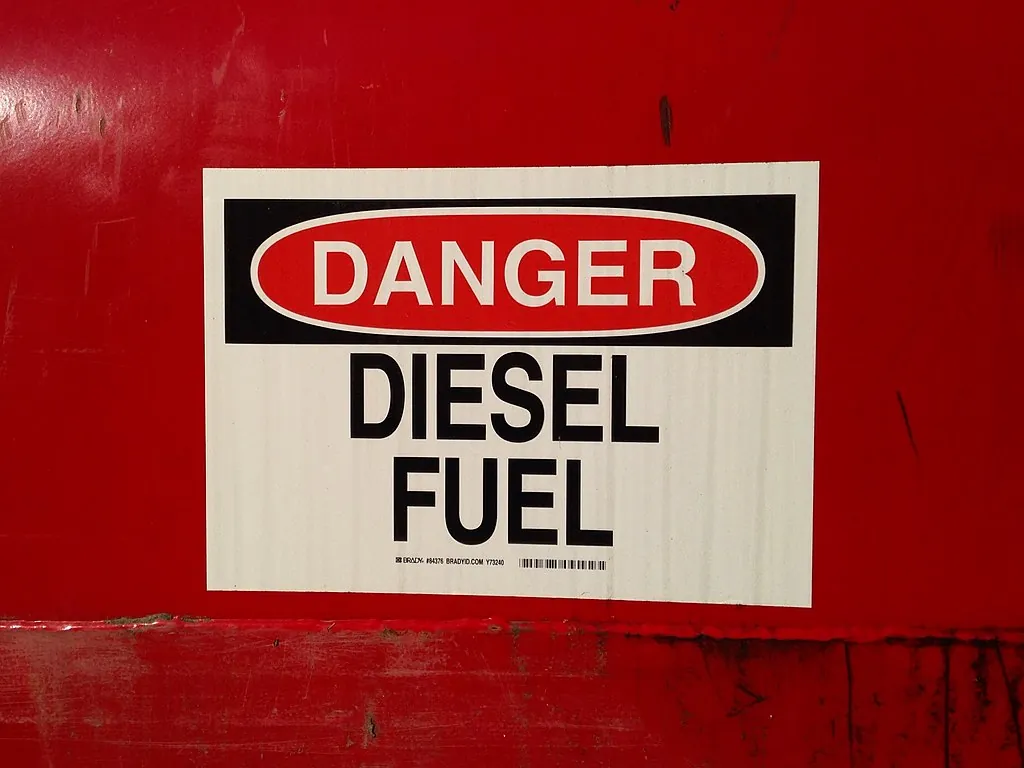The diesel pricing landscape in the United States has experienced significant volatility over recent years, with steep fluctuations. Prices reached a record high of $5.81 in June of 2022 before moderating somewhat, but the post-pandemic recovery period brought renewed demand and pressures. Prices varied from $3.00 to $5.00 per gallon from 2021-2024. Recently, these prices have reached $3.51 per gallon in Q1 2025, reflecting the continued elevation from historical lows but representing some stabilization from peak levels.
The underlying drivers of diesel price trends reveal a market responding to both supply-side improvements and persistent demand factors. Crude oil regularly accounts for around 50 percent of end consumer prices of the product, making petroleum market dynamics central to pricing patterns. However, in 2024 fleet managers saw some relief as American diesel markets experienced a clear downward trend in the second quarter thanks to an oversupplied market and lower demand, thanks to rising local diesel output and high distillate inventories. This temporary oversupply helped control prices, but structural challenges in refining capacity and ongoing consumption growth continue to influence long-term pricing.
While wholesale diesel is projected to average $2.30 per gallon in 2025, an 8.4% drop from earlier estimates, several factors complicate this outlook.
- Infrastructure constraints remain significant. It can cost several hundred million dollars to bring a new refinery online, which is a lot when oil demand in the U.S. is going down.
- The market must contend with seasonal demand variations, potential geopolitical disruptions, and the ongoing transition in energy markets.
These dynamics suggest that while short-term price moderation may occur, the diesel market will likely remain susceptible to rapid price adjustments in response to supply disruptions or unexpected demand surges. What can fleet managers do to prevent unnecessary spending?
Working with Booster is a great place to start when you’re looking at fluctuating prices and comparing tactics to reduce risk.
- Mobile fuel delivery cuts out middle men and brings fuel to your fleet at a consistent price, directly from suppliers.
- You will save time and money by having your fleet fueled in your lot because your drivers won’t be driving out of their way to find the lowest price for diesel. They will arrive each morning to trucks with full tanks, ready to go.
- If diesel becomes too expensive, Booster has additional fuel options, including gasoline and renewable diesel, and can build a custom delivery schedule based on your fleet’s evolving needs should you consider changing fuel types.
- Booster also supports dual-fuel system fleets and can provide a variety of fuel blends to service your mixed fleet.
Renewable diesel can typically be used in existing diesel engines with minimal or no modifications, burns cleaner with fewer particulates and toxins. From one angle, this is a great substitute if you are looking to diversify your fuel choices to save on your budget as diesel prices fluctuate. Renewable diesel and other biodiesel products can be produced domestically, reducing dependence on imported petroleum which helps keep prices lower. But there is no perfect solution: renewable diesel prices can also fluctuate based on feedstock availability, local regulations around land usage, and the decrease in biodiesel imports because of recent tariff changes can all drive pricing changes that are unpredictable.
The transition away from diesel remains gradual for truck fleets. The existing diesel infrastructure, established maintenance networks, and proven reliability continue to support its market position. About 76% of all commercial vehicles (Class 3-8) in the U.S. are powered by diesel, making it by far the most popular fuel option for commercial trucking operations. While it seems that will remain true for the foreseeable future, Booster is here to help as fleet managers and business owners consider other options in light of diesel pricing and an increased attention on emissions. Contact a member of our team for more information.
